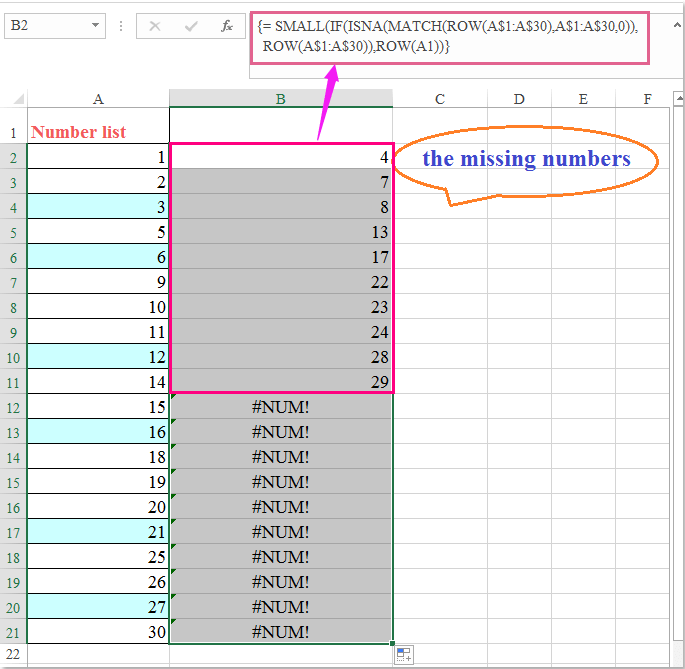7 Essential Documents to Keep and How Long

When organizing your personal or business records, knowing which documents to retain and for how long can be both a compliance necessity and a strategic approach to financial management. This guide explores the seven most essential documents you should keep, how long you need to keep them, and the reasons behind these recommendations.
1. Tax Returns

Your tax returns are among the most critical financial documents you’ll ever deal with. Here’s how to handle them:
- Why Keep Them? Tax returns serve as evidence of your financial status for various purposes, including loan applications, audits, or legal issues.
- How Long to Keep?
- Most financial advisors suggest keeping tax returns indefinitely or at least for 7-10 years due to the IRS’s audit statute of limitations.
- If you file a fraudulent return or omit significant income, the IRS can audit you indefinitely.
2. Bank Statements

Bank statements reflect your financial transactions and are vital for various reasons:
- Why Keep Them? They are necessary for tracking transactions, spotting unauthorized charges, disputing bank errors, and proving payments for tax purposes.
- How Long to Keep?
- For at least one year for proof of payment.
- Longer retention, like 7 years, might be advisable if your bank statements contain tax-related information or if you need to document long-term financial behavior.
3. Credit Card Statements

These statements detail your spending and credit management, which can be beneficial for:
- Why Keep Them? For tracking purchases, managing budgets, identifying unauthorized charges, and resolving billing disputes.
- How Long to Keep?
- Keep them for at least 3 months, but one year is recommended if they are your proof of purchase.
- If they relate to taxes or business expenses, extend this period to 7 years.
4. Pay Stubs

Pay stubs are snapshots of your income, crucial for:
- Why Keep Them? Proving income for loan applications, mortgage applications, or when filing taxes.
- How Long to Keep?
- Until the end of the year when you receive your W-2 form, then dispose of them, unless they are needed for tax preparation or other claims.
5. Real Estate Documents

Real estate transactions involve a wealth of paperwork that should be kept:
- Why Keep Them? For tax purposes, proving ownership, understanding improvements, and settling disputes over property.
- How Long to Keep?
- Indefinitely. This includes deeds, closing documents, and improvement records.
6. Medical Bills and Insurance Policies

Medical records are essential for:
- Why Keep Them? Insurance claims, tax deductions, and legal protection in case of medical malpractice.
- How Long to Keep?
- Medical bills for at least three years or until you’re certain they’ve been processed by insurance.
- Keep insurance policies as long as they are active, then store them for at least three years post-termination.
7. Wills and Estate Planning Documents

These documents outline your wishes for asset distribution and care in case of incapacitation:
- Why Keep Them? To ensure your estate is handled according to your wishes and to provide instructions to your heirs.
- How Long to Keep?
- These should be kept indefinitely and updated regularly.
By retaining these documents for the appropriate length of time, you're not only ensuring compliance with legal and tax obligations but also creating a clear record of your financial history. This practice aids in better financial management, dispute resolution, and peace of mind. Effective recordkeeping involves:
- Keeping documents organized and secure, whether digitally or physically.
- Regularly reviewing and updating your records to reflect changes in your life or circumstances.
- Using digital tools for electronic records to enhance accessibility and reduce physical clutter.
Your recordkeeping strategy should be as personalized as your financial situation. Consider consulting with a financial advisor or tax professional to tailor your document retention policy to your unique needs.
In summary, keeping these essential documents for the recommended time periods allows you to navigate legal, financial, and personal life events with greater ease and confidence. By doing so, you're setting yourself up for a smoother interaction with financial institutions, government agencies, and even your own financial planning.
How can I store my documents effectively?

+
Store documents in a fireproof safe, use digital storage solutions with backups, and consider cloud storage with encryption for sensitive documents. Keep important documents organized by category or date.
What should I do if I need to access a document that’s been disposed of?

+
If you’ve disposed of a document and need it, contact the issuer (bank, insurance company, etc.) for copies or statements. For tax-related documents, check with the IRS for transcripts of past returns.
Is it safe to keep financial documents digitally?

+
Yes, digital storage can be safe with appropriate security measures like strong passwords, two-factor authentication, and encryption. Regularly back up your digital files and ensure they are not stored only on a local drive.



